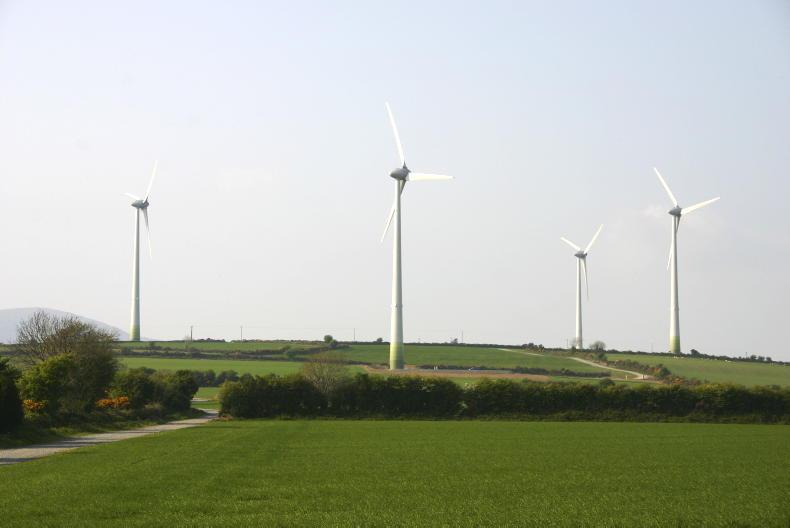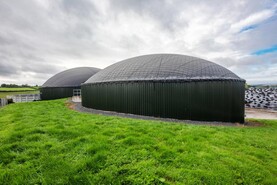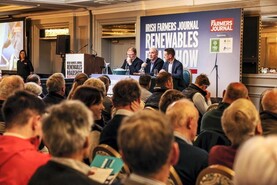The current spike in natural gas prices is being debated across Europe given the prospect of a winter of high energy prices at best and, at worst, energy curtailment during peak demand periods.
The impact on CO2 supplies gave rise to warnings of a lost Christmas and animal welfare concerns in the UK.
Together with labour shortages related to Brexit and COVID-19, this crisis is challenging an already fragile supply chain.
While the UK’s problems have been exacerbated by Brexit, similar supply chain challenges are being felt across Europe.
Gas price dynamics
The current peak in EU gas prices is borne out of an unexpected upturn in demand as economies rebounded combined with low stocks arising from a long cold winter and increased exports of liquid natural gas from Russia to China.
According to Gasprom, the Russian state-owned gas company, natural gas consumption in China grew by 15.5% in the first half of 2021 and the volume of imports grew by 23.8%.
There are suggestions that gas supplies are being withheld as leverage to speed up approval of the new gasline between Russia and Germany
The cold spring resulted in delayed refilling of Europe’s underground gas storage facilities, which is now affecting supply.
Analysts note that Russia is fulfilling long-term contracts. However, additional gas is not forthcoming.
There are suggestions that gas supplies are being withheld as leverage to speed up approval of the new gasline between Russia and Germany.
EU’s energy dependency
The EU’s dependency on imported energy, which has been growing for decades, appears to be the core of this crisis.
Eurostat data shows that the transition from fossil fuel-based energy production has coincided with a decrease in EU primary energy production and an increase in energy imports over the past decades.
Russia has been the leading supplier of energy commodities to the EU
EU energy production in 2018 was almost 10% lower than in the previous decade, resulting in over 60% of energy needs now being met from outside the EU.
Europe’s primary energy production from solid fossil fuels, oil and petroleum, and natural gas has declined in the past two decades. However, natural gas imports rose by 20% in the decade to 2019.
Russia has been the leading supplier of energy commodities to the EU, including hard coal, crude oil and natural gas, and accounts for 40% of EU natural gas imports.
While decarbonising our energy supply is well under way, renewable energy in 2019 accounted for less than 20% of EU energy consumption.
With billions more to be invested in renewable energy production, increasing reliance on imported energy and rapidly increasing EU carbon prices, it is reasonable to ask if Europe’s ambition has outpaced our ability to decarbonise energy production.
The current crisis shows that Europe has limited ability to deal with supply and price fluctuations given our external dependency.
The speed of the transition to renewable energy is unlikely to be sufficient to provide stability to energy supply and prices over the medium term.
As the green transition in the agri-food sector accelerates, lessons can be learned from the energy sector to ensure that food supply and prices are not compromised in the next decade.
It certainly does not benefit the climate
Offshoring food production to regions that have more carbon-intensive production systems, such as Brazil, makes little sense in terms of sustainable food systems.
It certainly does not benefit the climate and may leave us more exposed to market fluctuations.






 This is a subscriber-only article
This is a subscriber-only article











SHARING OPTIONS: